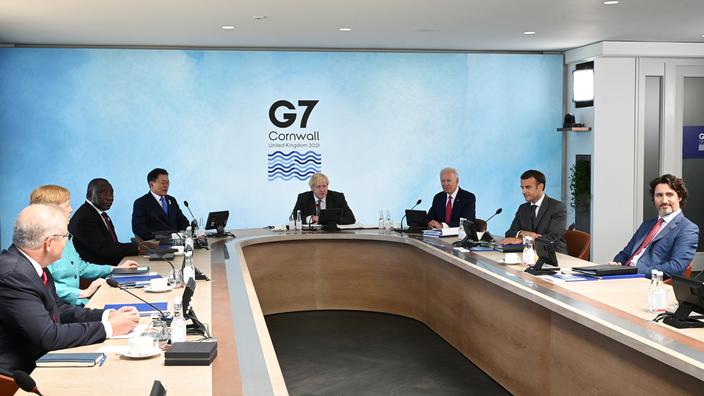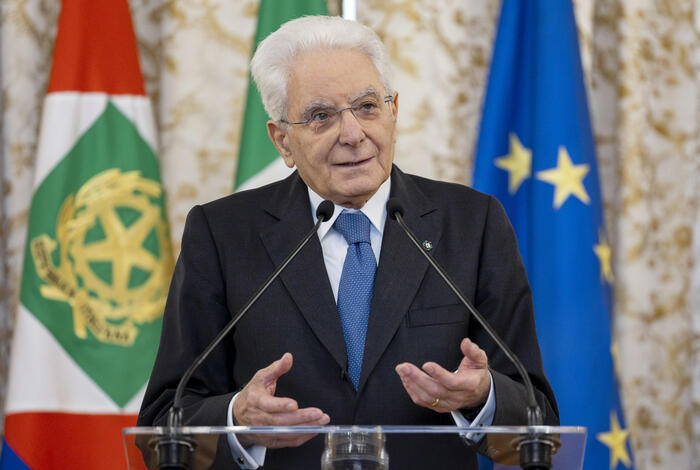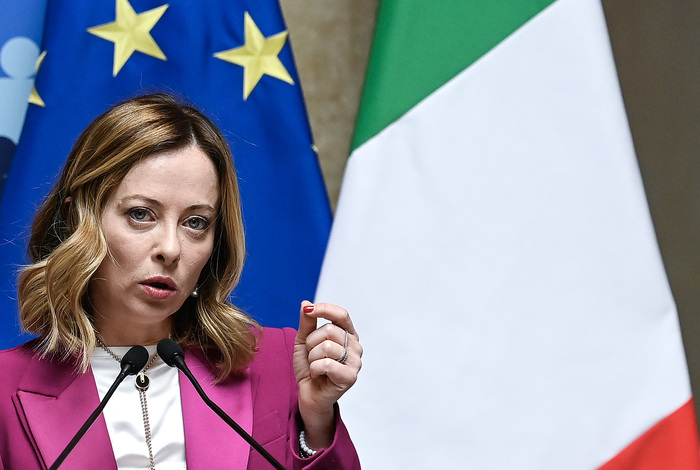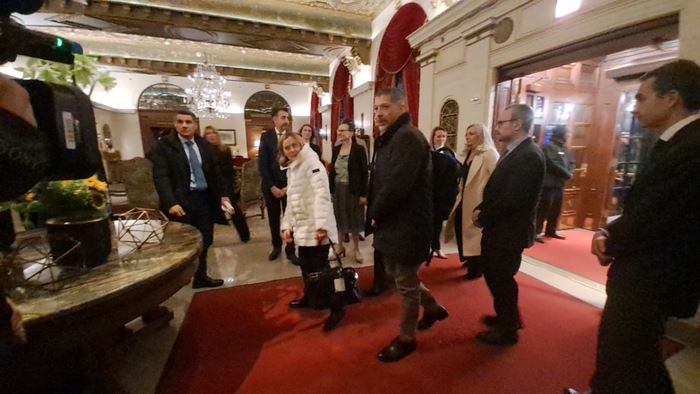Sébastien Laye is an entrepreneur, associate researcher at the Thomas More Institute and President of the Four Pillars Party
.
In economics and international trade, there are symbols - which fascinate leaders who have less and less control over reality and businesses - and real advances. The Cornish G7 summit, perhaps placed more under the aegis of the United States than of the English host, was to mark, with the change of leadership in the United States, the return of multilateralism in economic matters.
As a reminder, since the fall of the Berlin Wall, rather than unilaterally and too visibly imposing their gross domination of international economic circuits, the United States has - at least visually - favored the major multilateral negotiating bodies and multi-party discussion. (G7, G8, G20) within international organizations. This fragile and in many ways hypocritical order was shattered with the election of Trump and the Chinese threat, two phenomena having installed a more unilateral and uninhibited vision of these great powers, which favored bilateralism, or state-to-state discussion. . It is clear that this G7 summit will mark a timid, timid, and ultimately unofficial return to classic multilateralism.Biden may have displayed his difference with Trump in international trade, almost no contractual measures have emerged from this summit, and he will only mark the resumption of discussions: in this regard, he will only go down in history as a transitional summit, without much interest, before the G7 in 2022 in Germany and especially the highly anticipated G20 in Bali and India in 2022 and 2023.
The G7 has assigned as an objective, in the event of a new pandemic or variant, to be able to develop tests, treatments and vaccines in 100 days while 300 were necessary with the Covid.
Sebastien Laye
On the agenda of reforms and the return of multilateralism, the most important point of the G7 will remain the discussion on a fairer international tax system, with the American proposal, taken up at the G7 by the finance ministers of the various countries, of a Minimum tax on corporate profits of 15%, coupled with more efficient taxation of digital giants. The second point will remain international cooperation in the fight against the pandemic. It should be noted that with the social distancing imposed by the pandemic, this summit was the first physical meeting between heads of state for two years and that the economic treatment of the virus crisis has crushed the other problems on the agenda: the G7 has promised to distribute more than a billion doses, in particular to emerging countries,before the end of 2022, but also a further investigation into the origins of the virus.
Despite the nuances made at the closing by some heads of state including Emmanuel Macron, China appeared implicitly as the competitor or even the opponent designated by the G7 group, or at least a threat to contain, starting with the issue of the virus and the future health risk. The G7 has assigned as an objective, in the event of a new pandemic or variant, to be able to develop tests, treatments and vaccines in 100 days while 300 were necessary with the Covid. The major powers have also linked this health risk to the environmental risk by announcing - as usual - their desire to step up on the climate issue, without however setting specific objectives. Beyond the clichés on temperatures, electric cars, aid to poor countries,Finally, we will note the novelty of the mention in the environmental issue of the question of biodiversity: an objective of preserving 30% of land and oceans.
Between a timid return of multilateralism and blacklisting of the new Chinese adversary, this transitional summit was emblematic of an old world that never ceases to die.
Sebastien Laye
The global order of the world that emerges from this G7 is that of an American leadership which wants to be benevolent, oriented on the health fight, the energy transition and the common good, but firm on the question of American hegemony: the problem Thucydides' trap (that of the rivalry between the hegemonic power and the rising power that can take its place, such in antiquity Sparta and Athens) is rapidly reconfiguring the world order and the attitude of Americans to it. with regard to its G7 allies: return of multilateralism after the Trump episode, but on the sole condition that the entire G7 undertakes to contain economically (and militarily tomorrow…) the rise of China. The Europeans in return seem to expect free trade agreements between the United States and theEuropean Union, so-called TAFTA agreements buried by Donald Trump. Macron, Merkel and von der Leyen seemed, contrary to the will of the European peoples, to ask in return for their start of engagement alongside the United States vis-à-vis China, a resumption of discussions on a free trade agreement. between the two continents. But nothing concrete is reflected in the final statements about this, which is probably secondary to the American power.But nothing concrete is reflected in the final statements about this, which is probably secondary to the American power.But nothing concrete is reflected in the final statements about this, which is probably secondary to the American power.
Ultimately, between a timid return of multilateralism and the blacklisting of the new Chinese adversary, this transitional summit was very emblematic of an old world that never ceases to die, but which remains the alpha and the omega. globalist progressives like Trudeau, Biden, Macron, von der Leyen, and Merkel.















